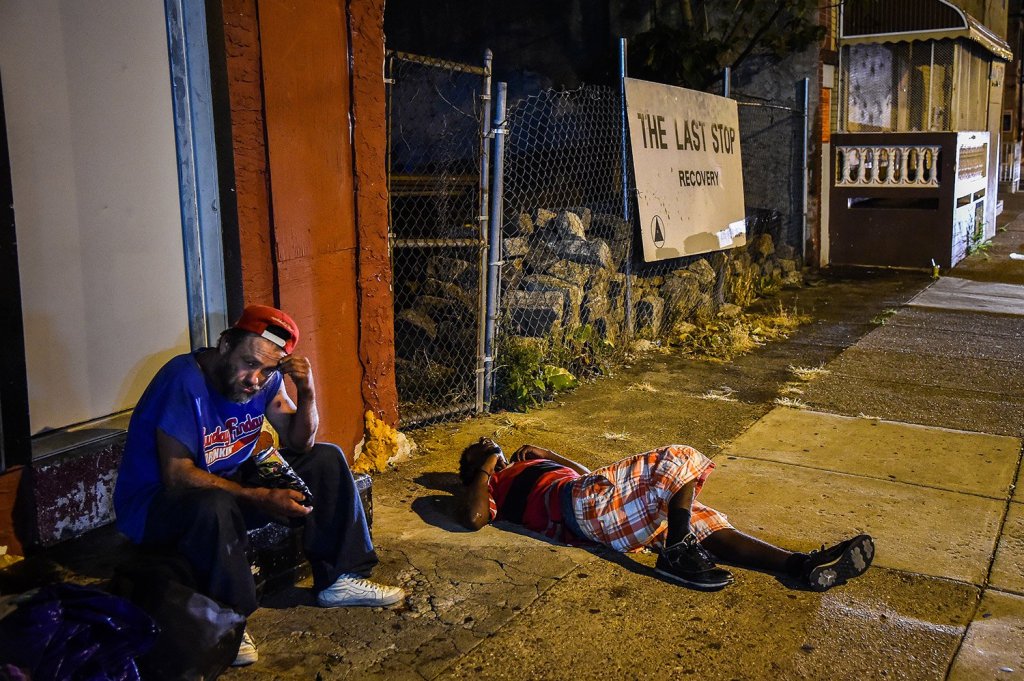A recently published article (“Trafficking victims turn to hotline with pleas for help,” Oct. 1) spoke to the horrors of human trafficking and the important efforts of the National Human Trafficking Hotline in reaching survivors. The highest volume of calls coming through the hotline originate from big cities, but trafficking can and does happen everywhere, to women and men, cisgender and transgender people, and children right here in Maine.
Whether through labor or sex trafficking, human trafficking victims are forced, by sexual, physical and psychological coercion or violence, to do work — including domestic services, massage parlors, street prostitution and agricultural and restaurant work. These are all examples we have seen in Maine, many hidden in plain sight — working alongside others who aren’t being trafficked.
Sylvia was in her early 30s when she escaped from her traffickers — a family in Maine who used physical and emotional abuse to control her while she cooked, cleaned and cared for their children, for an average of 18 hours a day with little pay. She was forbidden to leave the house for over two years, and had no access to a phone, computer or any way to communicate with the outside world.
Brian was 20 years old when a trafficker took advantage of his substance use disorder and used heroin to recruit and control him, forcing Brian to engage in commercial sex work and taking the money he earned.
Preble Street recently joined The Trauma Center at the Justice Resource Institute in Massachusetts as the state lead for Maine in the New England Coalition Against Trafficking, funded by the U.S. State Department’s Office to Monitor and Combat Trafficking in Persons, and will be working with Maine partners as well as those in New Hampshire, Massachusetts, Vermont and Rhode Island to develop and implement efforts to increase outreach, identification and service referral for victims of human trafficking across New England.
Preble Street has been receiving referrals through the human trafficking hotline since we started our anti-trafficking program in 2013, and we partner closely with the hotline to ensure that systems and protocols in Maine are working to safeguard the well-being of any person experiencing trafficking.
As well as working directly with trafficking survivors, Preble Street works with a network of area service providers — including Caring Unlimited, Catholic Charities, Day One, Family Crisis Services, the Immigration Legal Advocacy Project, the Maine Coalition Against Sexual Assault, the Maine Coalition to End Domestic Violence and Sexual Assault Response Services of Southern Maine — to facilitate healing and growth and to promote individual and systemic justice for all trafficked persons, families and communities.
From the outset, clients are offered access to services including intensive case management; assistance with medical and substance use treatment; mental health counseling; shelter and housing referrals; and advocacy through the criminal justice system.
A critical component of the anti-trafficking effort is training first responders and allies — law enforcement officers, medical providers and social service providers — to identify victims and refer them to the resources and services in Maine that address human trafficking.
But how do 211 or 911 operators know whom to call? Do school systems know that there have been cases of students recruited into traveling magazine sales or groomed for forced prostitution by their romantic partner, all within the confines of the classroom? What about the utility workers or cable companies who regularly go into homes? Or health inspectors who see the working conditions of restaurant workers, or the work the Department of Agriculture does to ensure farm safety?
Training those who are most likely to interact with potential victims — either in the sex industry or in any other industry — is key to ensuring that when law enforcement, a nurse or a fellow worker sees exploitative working conditions, they can name it and report it.
Preble Street has trained more than 1,700 people and as a result, has received referrals for more than 300 people who have experienced trafficking. And it takes each member of the community to be aware, ask questions and make referrals to the systems created by Preble Street and its partners to help identify and connect people who may have experienced trafficking to the support and safety they need.
Fiona Mason, MSW, is director of social work at Preble Street in Portland.
Send questions/comments to the editors.



Comments are no longer available on this story